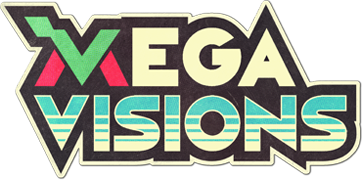Game developer acquisitions: the good, the bad and the ugly
We have seen a ton of major acquisitions within the video game industry recently. How will we feel the consequences?
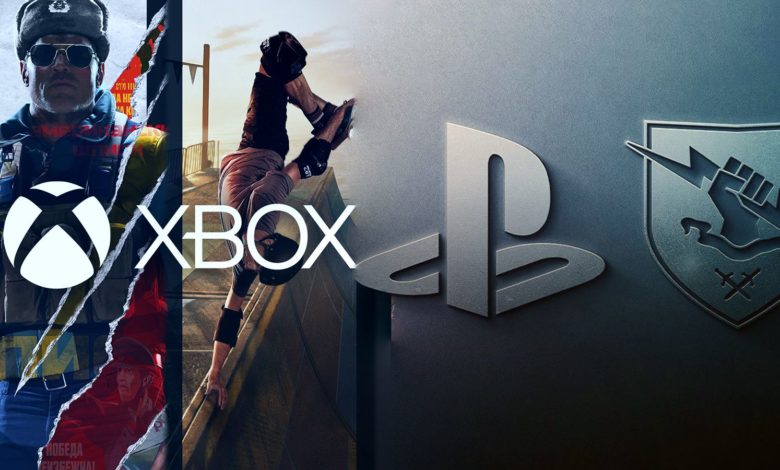
Just last week, Nintendo announced they will acquire longtime development partner SRD. While this news alone is certainly huge, it arguably pales in comparison to other major gaming acquisitions this year. From Sony buying Bungie to Microsoft purchasing Activision Blizzard, we’re seeing large game publishers growing to almost Disney-like sizes at an unprecedented rate.
Ultimately, this poses a much deeper question on the future of the gaming industry as a whole. How will all the major gaming acquisitions change the entire landscape of the video game industry? Will we see fresh ideas get brought into established franchises? Or will the video game market stagnate with less competition and more IP exclusivity?
The Good: Acquisitions make certain games possible for the first time
One positive outcome that could emerge from the fallout is the potential to see new games that would have never been possible otherwise. You may have noticed the pun in the previous sentence alluding to my primary example: Fallout New Vegas 2.
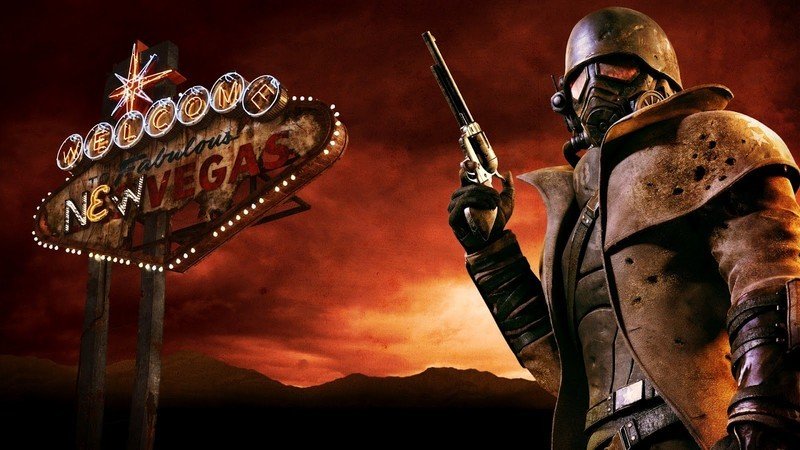
When the RPG Fallout New Vegas released in 2010, it quickly became a fan-favorite. Unfortunately, while developer Obsidian expressed doing a sequel since 2013, they could never work out another deal with Fallout’s publisher Bethesda.
However, Microsoft’s 2018 acquisition of Obsidian, followed by its 2021 purchase of Bethesda makes New Vegas 2 more likely than ever to happen. In fact, VentureBeat’s Jeff Grubb even recently stated that Microsoft and Obsidian are both discussing the potential sequel.
Another good sign to come from all the recent game developer acquisitions is the promised commitment to keep titles cross-platform. One example comes from Microsoft’s earth-shattering purchase of Activision Blizzard. Topping the list of fan concerns was the question if Microsoft would make franchises like Call of Duty Xbox exclusive. Surprisingly, however, Microsoft President and Vice Chairman Brad Smith states otherwise.
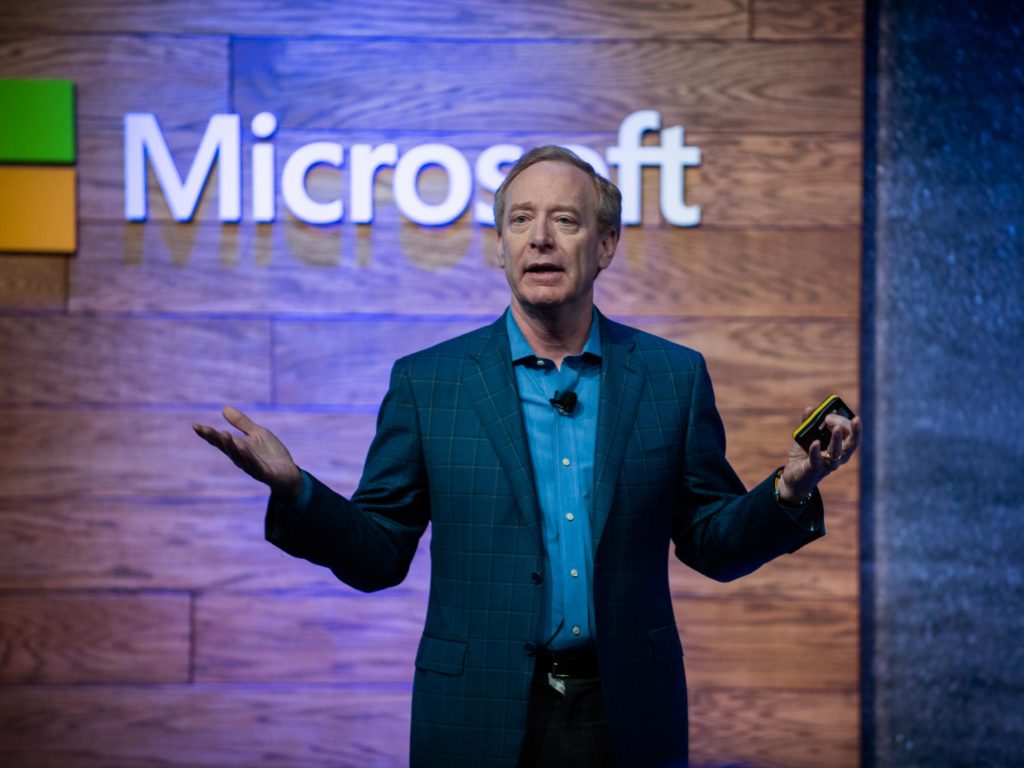
To be clear, Microsoft will continue to make Call of Duty and other popular Activision Blizzard titles available on PlayStation through the term of any existing agreement with Activision.
Brad Smith, Microsoft president and vice chairman
In addition, Sony’s long-term goals with Bungie also include cross-platform play. Although Sony is widely known for its PlayStation-exclusive titles, the company made it very clear it has no intention to strip away Destiny 2’s cross-platform compatibility. Instead, Sony looks to utilize Bungie’s expertise in live service games to develop new titles across multiple gaming platforms.
The Bad: Creativity in the gaming industry could further stagnate
One major concern regarding all the major game developer acquisitions is whether the industry could stagnate. As large publishers become even bigger corporate powerhouses in the games industry, it’s very possible innovation and creativity will suffer. With only a few large companies dominating the video game industry, we risk seeing an oligopoly that drives prices high and quality down.
One notable example is New York-based Take-Two Interactive. The giant gaming conglomerate runs industry-leading studios, including 2K, Rockstar and Private Division. Now, after a $12.7 billion deal in January, the company adds mobile game developer Zynga to its empire.
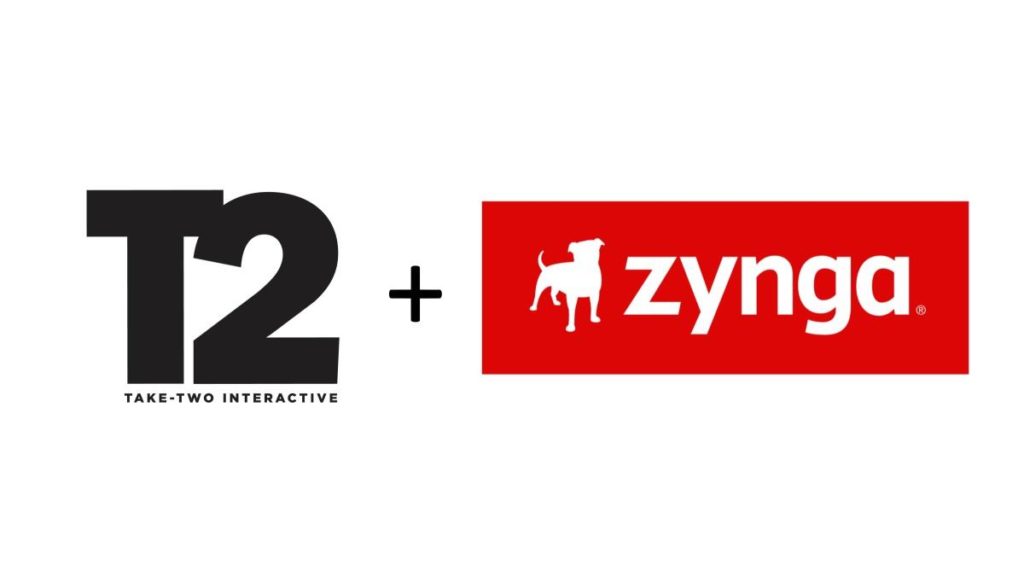
The result is that Take-Two now gains a significant advantage to the mobile gaming market. And since mobile games, like the Zynga-owned FarmVille, are notorious for microtransactions, Take-Two will certainly capitalize.
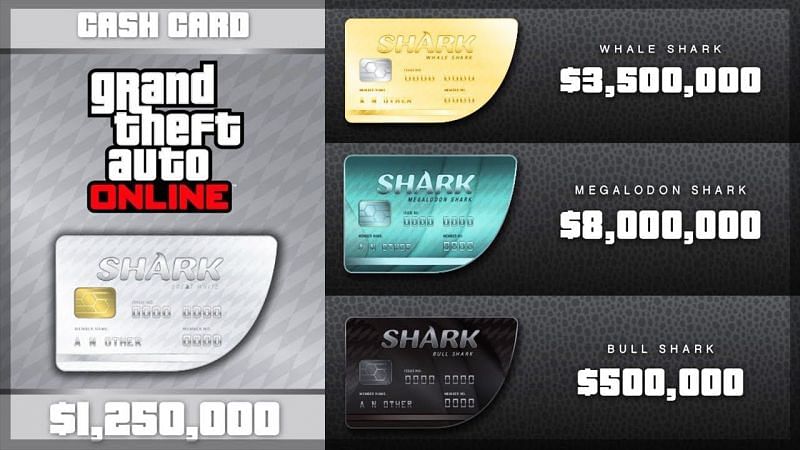
In fact, the rise of microtransactions in gaming and the live service model overall is already something the company takes full advantage of. The most obvious example of this is Grand Theft Auto V. The use of microtransactions via Shark Cards in GTA Online kept the last entry in the series alive much longer than any of Rockstar’s other games.
In fact, over eight years since GTA V first came out, Rockstar finally announced they’re finally working on a new entry. Another sign of Take-Two’s complacency comes in the form of game quality over some of their recent releases. Examples range from the mediocre to downright unplayable WWE 2K games to the abysmal GTA Trilogy Definitive Edition.
The Ugly: New parent companies can make established franchises console exclusives
Arguably, the worst case scenario of all the major acquisitions is if the parent companies break their promises. Circling back to Microsoft’s new purchase of Activision Blizzard, many people remain skeptical on whether the company will stay faithful to remaining cross-platform. Although Microsoft indeed kept Minecraft cross-platform after it acquired Mojang, the company’s track record is far from spotless.
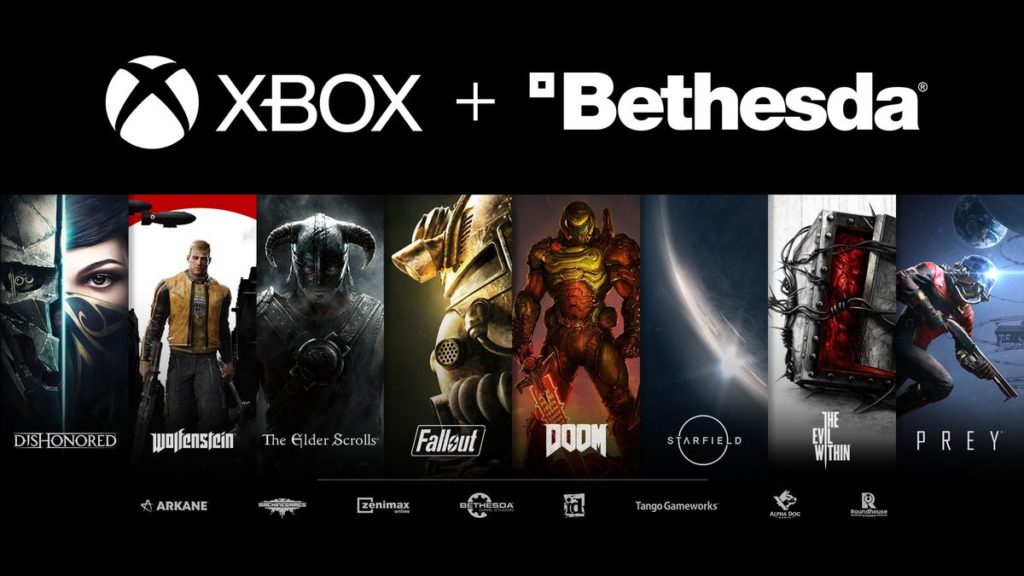
When Microsoft purchased Bethesda last year, they also promised to continue publishing their IPs across multiple platforms. However, the company has since walked back on those statements. Microsoft announced that both The Elder Scrolls 6 and all future Fallout games will be Xbox exclusives.
Although Smith once again reaffirmed fears that Activision Blizzard titles will also now be Xbox exclusives, part of his wording hints otherwise. In his statements, Smith specifies that the games will continue to release on PlayStation, “through the terms of the agreement.” In other words, once Activision’s current contract expires, there’s no guarantee Microsoft won’t make their games console exclusives too.
The takeaway from the game developer acquisitions
Personally, I believe a mixture of both good and bad will come out of the game developer acquisition phenomenon. On one hand, there may finally be room to finally see games like the long-awaited Fallout New Vegas 2. On the other hand, however, seeing a gaming oligopoly grow in prominence could pose major risks to new companies aspiring to enter the fold.
While it’s reasonable to say that self-publishing has significantly decreased the barriers to entry for indie game developers, the rising dominance of AAA game oligopolies makes it extremely difficult to compete. Essentially, the independent video game market is at a near perfect competitive state. Although this sounds great on the surface, the sheer amount of competition within the field obliterates any logical economic rules.
The market for indie games is currently so oversaturated, that their relative value has dipped past zero. The result of this near-perfect competition is that indie games simply can’t compete at the same level financially to AAA titles. As companies like Microsoft, Sony, Take-Two Interactive and Nintendo rise even further in fiscal dominance, competition in the grander video game industry will likely take a further hit.
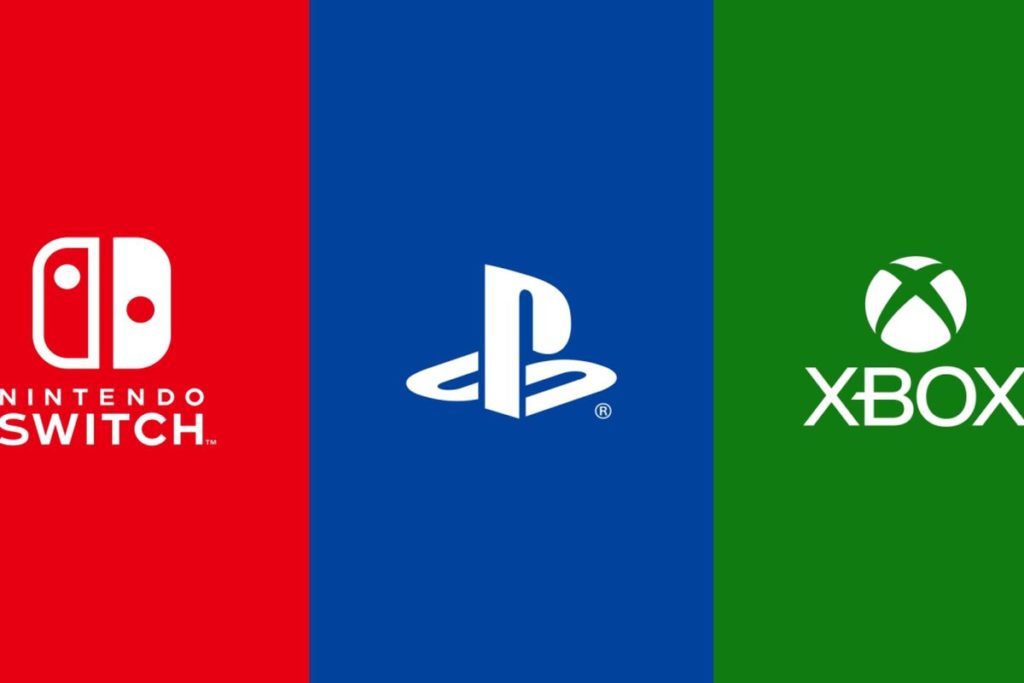
No matter how the current acquisitions unfold, however, the trend likely won’t slow down anytime soon. The anomaly of all the major game developer acquisitions primarily stands from the rapid volume at which they’ve been occurring. As a result, the signs point towards these companies, and other prominent game publishers, continuing to grow their empires further.
How do you think we’ll feel the effects of all the game developer acquisitions? Share your thoughts down below!
